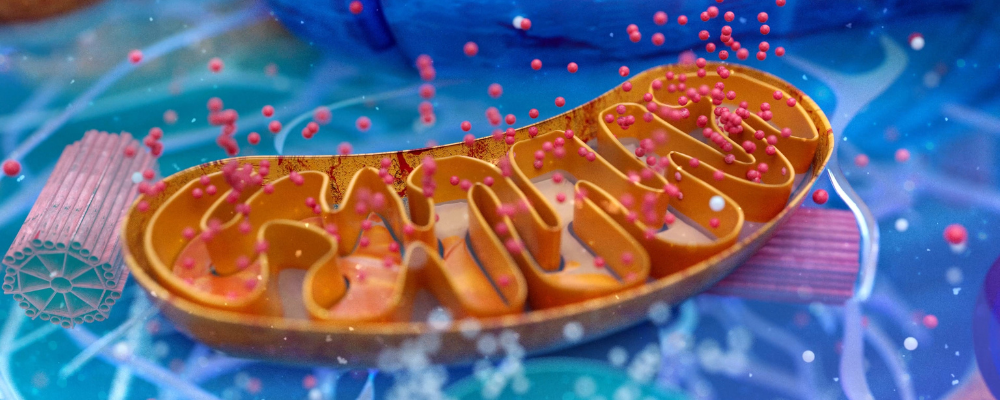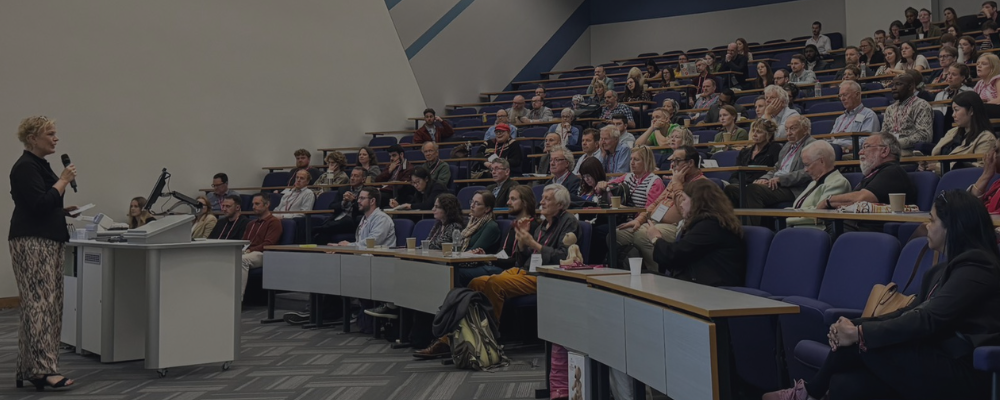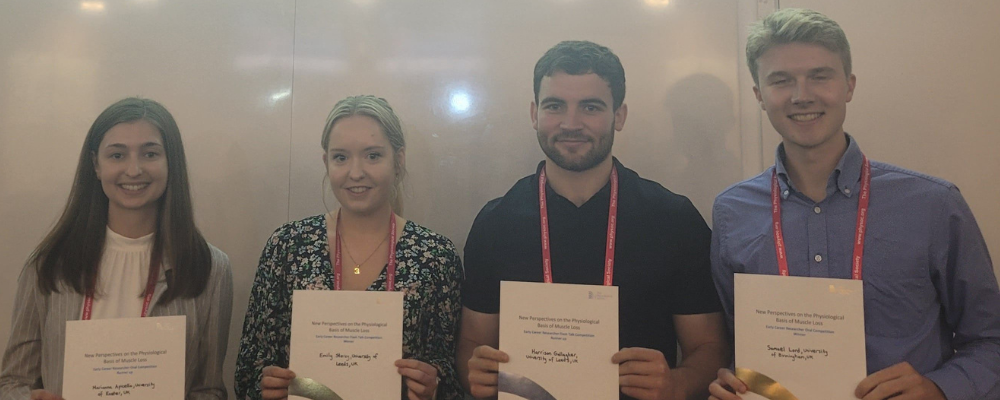
Voice of the Editor
Professor Kim E. Barrett, Editor-in-Chief of The Journal of Physiology
“It is a signal honour to serve as the steward of such a storied part of The Society’s publishing portfolio, and to work with my fellow editors (including those who will lead our new titles) to offer value to our members as well as other physiologists worldwide. Please know how much I appreciate our authors and readers, and reach out if you have any comments or suggestions that might inform our work.”

I’m pleased to have the opportunity to highlight our recent activities at The Journal of Physiology in this reimagined version of Physiology News. It couldn’t be more appropriate to take advantage of this venue specifically targeted to the Society’s membership, given our firm conviction that The Journal plays an important role as a hub of the global physiology community. Indeed, I believe we are much more than simply a vehicle to convey the latest research in the discipline. Importantly, we also embrace a broader mission to elevate the careers of those who are new to the field, to lift the curtain on the editorial process via our policy of publishing peer reviews as well as our Editorial Board Fellowship scheme, and to welcome debate, controversy and conversation about important unsettled topics through our new Opinion articles.
We endeavour to bring together emerging and particularly active subfields of physiology via our vibrant program of special issues, and help to underwrite selected meetings and symposia judged to be of particular interest to the community. In July, we convened an in-person meeting of the Editorial Board in Newcastle to discuss these and other initiatives, and to identify additional opportunities to put our stamp on the most exciting aspects of physiological research. It was an inspiring meeting so stay tuned for our new initiatives, including additional ways to celebrate the contributions of early career researchers.
Nevertheless, at heart we are a journal dedicated to publishing the most impactful science that illuminates new mechanistic principles of physiology, writ large. We are committed not only to ensuring that the research we showcase adheres to the highest standards of rigour and reproducibility, but also to making it easy for authors to submit their work to us with “format-free” initial submissions. We have collected an extensive set of resources that can assist both novice and experienced authors in designing their research and the reporting of their findings such that they form a solid foundation for work that will follow, and recently published an Editorial that highlights these.
We are also, I believe, rightfully proud of our meaningful yet humane process of peer review that consistently elevates the quality of the work we publish. Your editors are your peers – active researchers who understand the demands of publishing, yet who are committed to high standards and to offering constructive suggestions that can crystallise your message, or to suggesting key revisions that engender more robust conclusions. We all know the sting of a review that does not immediately recommend acceptance of a manuscript, but yet conversely the satisfaction of making our work stronger by responding to a reviewer’s and/or an editor’s insightful comments. Nevertheless, editorial work is an inexact science, and occasionally we simply get it wrong – never hesitate to appeal a decision that you believe is truly misguided.
It is a signal honour to serve as the steward of such a storied part of The Society’s publishing portfolio, and to work with my fellow editors (including those who will lead our new titles) to offer value to our members as well as other physiologists worldwide. Please know how much I appreciate our authors and readers, and reach out if you have any comments or suggestions that might inform our work.



